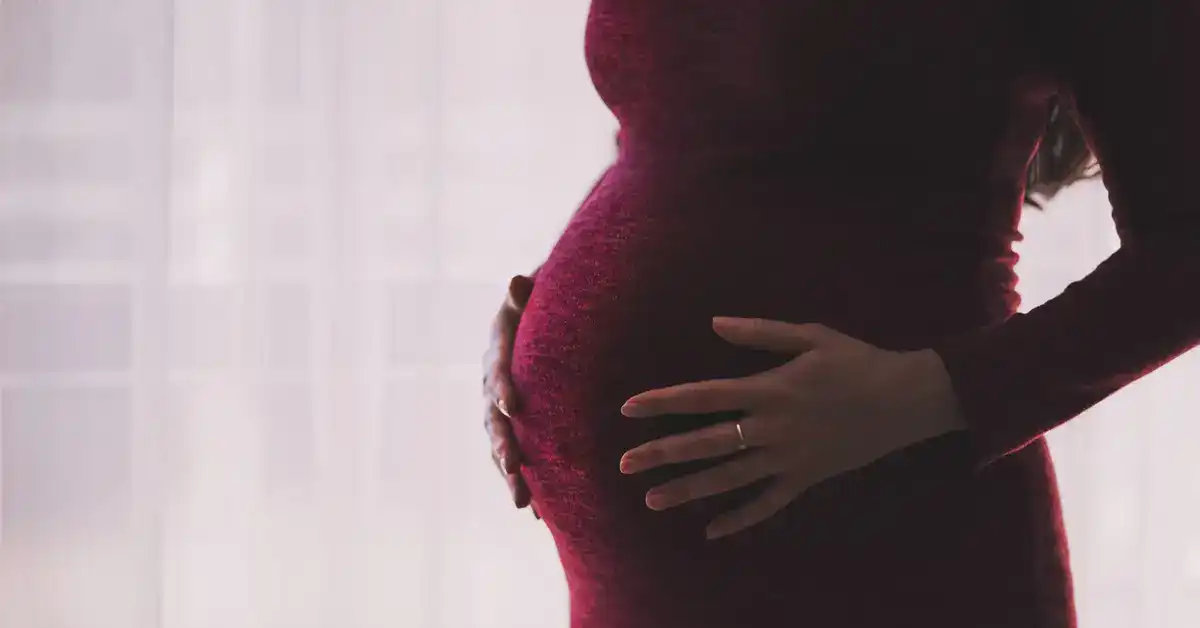Expecting parents place immense trust in medical professionals during labor and delivery. Unfortunately, as many as 7 out of every 1,000 babies delivered are born with birth injuries. Unlike a birth defect, which develops during pregnancy, a birth injury occurs during labor or delivery due to complications or medical negligence.
This article explores what qualifies as a birth injury, how it differs from a birth defect, and the legal implications when medical malpractice is involved.
What Is a Birth Injury?
A birth injury is any harm sustained by an infant during labor or delivery. While some injuries may heal over time, others can result in lifelong disabilities, significantly impacting the child and their family.
Common birth injury cases involve:
- Failure to diagnose or treat maternal or fetal conditions
- Delayed response to signs of fetal distress
- Improper use of forceps or vacuum extraction
- Misuse of medications during labor
- Failure to perform a necessary C-section in a timely manner
Understanding when an injury is due to medical negligence is crucial in determining whether legal action may be warranted.
Birth Injury vs. Birth Defect: What’s the Difference?
Although the terms birth injury and birth defect are sometimes used interchangeably, they refer to different medical conditions.
- Birth defects occur during fetal development, often due to genetic or environmental factors. These abnormalities are present at birth and are not necessarily caused by medical negligence.
- Birth injuries happen during labor or delivery, often as a result of medical errors or improper care. These injuries can sometimes be prevented if proper medical protocols are followed.
Recognizing this distinction is essential when evaluating whether medical malpractice played a role in an infant’s condition.
When Is an Injury Considered a Birth Injury?
Not every complication during childbirth qualifies as medical malpractice. For an injury to be considered a birth injury due to negligence, it must be demonstrated that:
- The healthcare provider failed to meet the standard of care: This could include misdiagnosing a complication, using improper delivery techniques, or failing to act in a timely manner.
- The injury was preventable: If medical professionals had followed proper procedures, the injury may have been avoided.
- The injury caused long-term harm: If an infant experiences ongoing health issues, disabilities, or developmental delays due to the injury, legal action may be an option.
Assessing the extent of pain, suffering, and impact on the child’s quality of life is essential in determining whether a birth injury case is viable.
Legal Implications of Birth Injury Medical Malpractice
When medical professionals fail to uphold proper standards of care, they may be held accountable for their negligence. A birth injury can have serious, long-term consequences, including:
- Extensive medical bills for ongoing treatment and therapy
- Emotional and physical suffering for both the child and parents
- Lost wages if a parent must become a full-time caregiver
Parents who suspect medical negligence led to their child’s injury may be entitled to compensation for these damages. However, birth injury lawsuits can be complex, requiring medical records, expert testimony, and legal expertise to prove negligence.
Taking Legal Action After a Birth Injury
If you believe your child’s injury resulted from medical negligence, consulting an experienced attorney is critical. A legal professional can:
- Evaluate the details of your case
- Gather necessary medical documentation and expert opinions
- File a legal claim within your state’s statute of limitations
- Advocate for fair compensation to cover medical costs, lost income, and pain and suffering
Final Thoughts
A birth injury can create lifelong challenges, but families have legal options if medical negligence played a role. Seeking legal advice can help parents understand their rights and pursue justice for their child. With the right representation, families can hold responsible parties accountable and help prevent similar incidents in the future.
At Siri & Glimstad LLP, we are dedicated to helping families seek justice in medical malpractice cases. For help with this or any medical malpractice questions you may have, fill out the form here to schedule a time to speak with a qualified medical malpractice attorney. It has never been more important to have a knowledgeable and compassionate advocate on your side.

